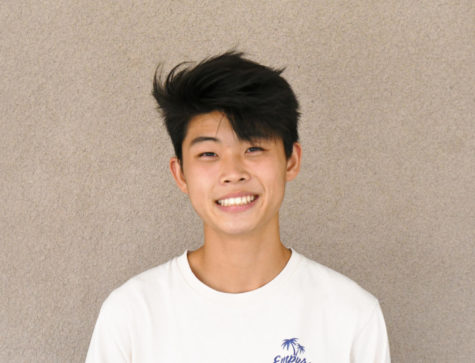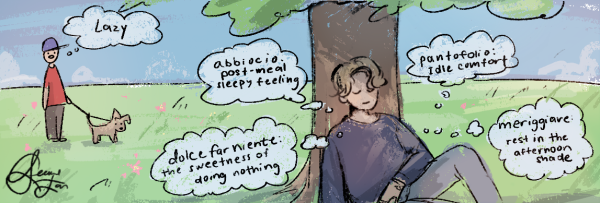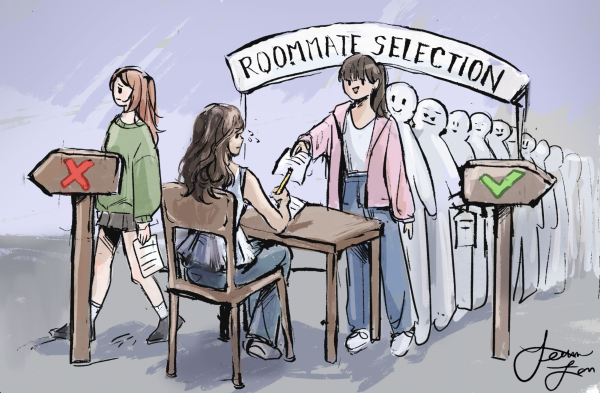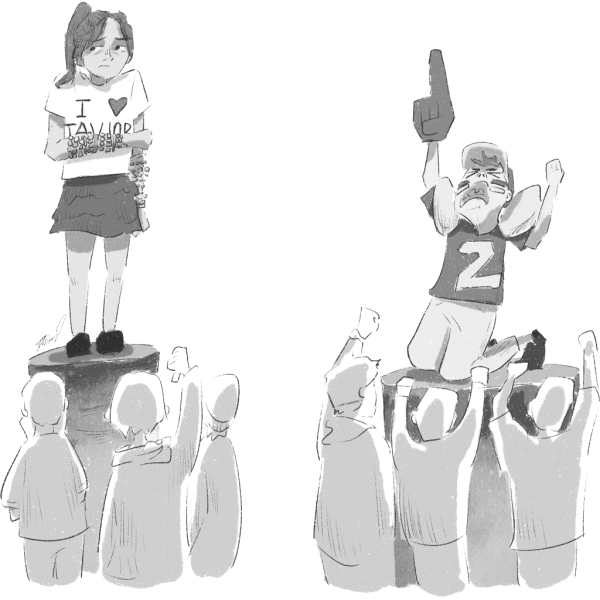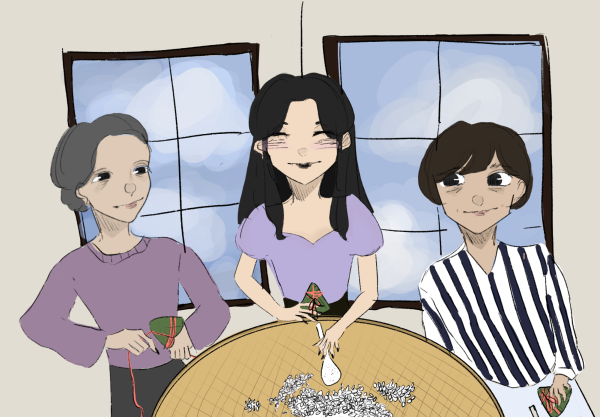Arthur, a P.B.S. staple, ends after 25 years
February 18, 2022
On Feb. 21, Arthur will air the first episode of its 25th and final season.
If during your childhood, you were anything like me, cable-less and destined for social ostracization due to an inability to watch the Disney Channel or Nickelodeon, you may have indulged in an alternate, cheaper form of entertainment: PBS Kids. While others watched Spongebob or Ben 10, a patient 8- or 9-year-old Jayden would sit in front of the T.V. every day at exactly 3 p.m., the beginning of the one-hour-long Arthur air time.
The familiar “Every day when you’re walking on the street” and smooth reggae blend of snare and kick drum became staples in my afternoons. And as the plot of the show progressed, so did I: I grew up alongside Arthur and his colorful cast of friends and family, lived alongside them, matured alongside them. It was a largely influential source of media in my childhood years, but most of all, it was entertaining.
And that’s what made Arthur significant: it was a kids’ show.
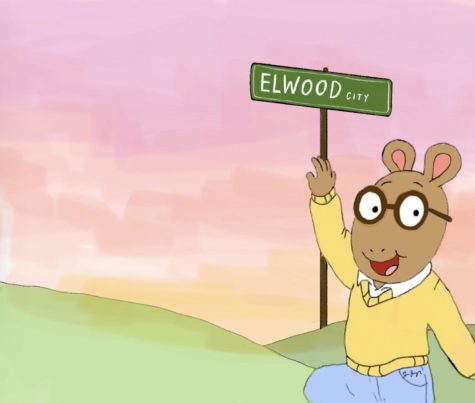
Arthur incorporated themes of progressive inclusivity through a cast of characters with diverse traits, through races, disabilities, social backgrounds, and sexual orientations, without feeling like a corny anti-bullying campaign or soulless virtue signaling. It sought to fully encapsulate the child narrative, weaving common themes that resonated with the general population of kids (like the guilt of unintentionally hurting a sibling or the importance of saving the “best for last” during dinner meals) while also familiarizing its audience with more nuanced topics that either broadened a child’s perspective or allowed groups of unrepresented kids the feeling that their struggles were being acknowledged.
For example, George, the lovable, orange-T-shirt-donning moose has dyslexia. This prompted show writers to devote a couple of episodes and scattered scenes throughout the series to show his everyday difficulties and ways that the Arthur cast could help him, but he quickly became an integrated character in the series. He wasn’t “George Who Has Dyslexia”—he was simply “George,” the character that watchers knew and loved. The same happened for Marina, a blind character, and for Carl, who has Asperger’s syndrome.
Arthur even tackled stereotypical gender norms. Binky Barnes was introduced to be the quintessential school bully who pushed around his classmates and demanded lunch money. But as the show progresses, Binky’s shown to be a multi-faceted character who takes part in traditionally feminine activities–like ballet and art classes–that seem to contradict his hyper “masculine-macho” figure.
Arthur has brought about so much positive change, to both me and the countless other children out there. But now, it’s coming to a close.
This is a good bye to you, Arthur. To you, who has been such an integral part in so many of our lives, who has taught us the normalcy of the diversity of life, who has taught us about why it’s actually this diversity that makes the world interesting and fresh.
What a wonderful kind of show you’ve been to us all.


